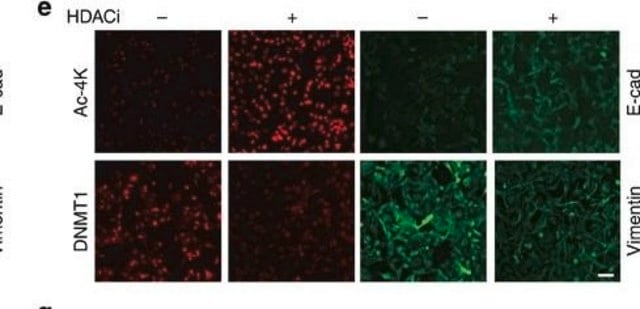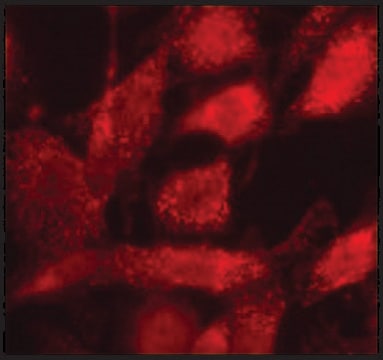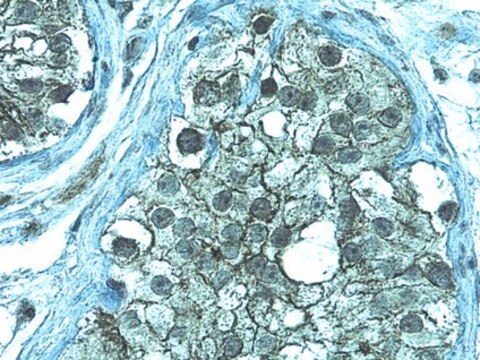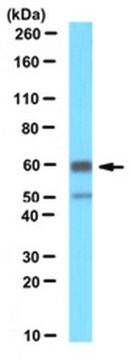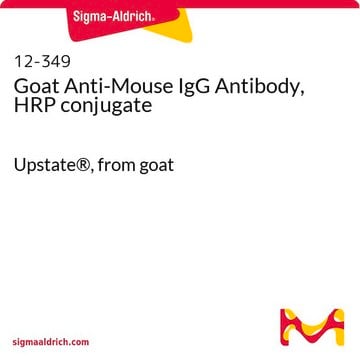SAB4200181
Anti-PMP70 antibody, Mouse monoclonal

clone 70-18, purified from hybridoma cell culture
Synonym(s):
Anti- ZWS2; ZELLWEGER SYNDROME 2, Anti-70 kDa Peroxisomal membrane Protein, Anti-ABCD3, Anti-ATP-binding cassette, sub-family D (ALD), member 3, Anti-PXMP1
About This Item
Recommended Products
biological source
mouse
Quality Level
conjugate
unconjugated
antibody form
purified immunoglobulin
antibody product type
primary antibodies
clone
70-18, monoclonal
form
buffered aqueous solution
mol wt
antigen ~70 kDa
species reactivity
rat, mouse, human
packaging
antibody small pack of 25 μL
enhanced validation
independent
Learn more about Antibody Enhanced Validation
concentration
~1.0 mg/mL
technique(s)
immunofluorescence: suitable
western blot: 1-2 μg/mL using whole extracts of human HepG2 or rat PC12 cells
isotype
IgG1
UniProt accession no.
shipped in
dry ice
storage temp.
−20°C
target post-translational modification
unmodified
Gene Information
human ... ABCD3(5825)
mouse ... Abcd3(19299)
rat ... Abcd3(25270)
General description
Application
Biochem/physiol Actions
Physical form
Disclaimer
Not finding the right product?
Try our Product Selector Tool.
Storage Class Code
10 - Combustible liquids
Flash Point(F)
Not applicable
Flash Point(C)
Not applicable
Certificates of Analysis (COA)
Search for Certificates of Analysis (COA) by entering the products Lot/Batch Number. Lot and Batch Numbers can be found on a product’s label following the words ‘Lot’ or ‘Batch’.
Already Own This Product?
Find documentation for the products that you have recently purchased in the Document Library.
Our team of scientists has experience in all areas of research including Life Science, Material Science, Chemical Synthesis, Chromatography, Analytical and many others.
Contact Technical Service

